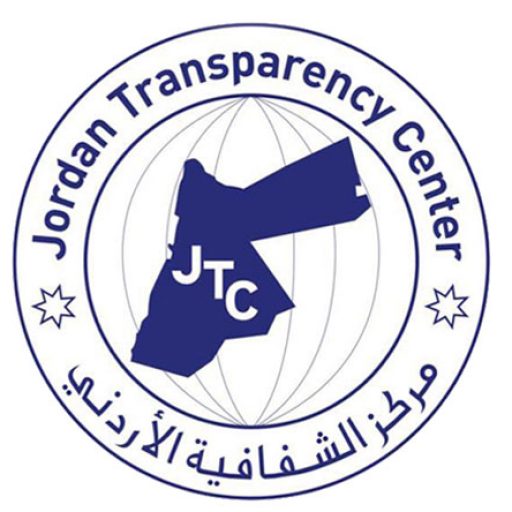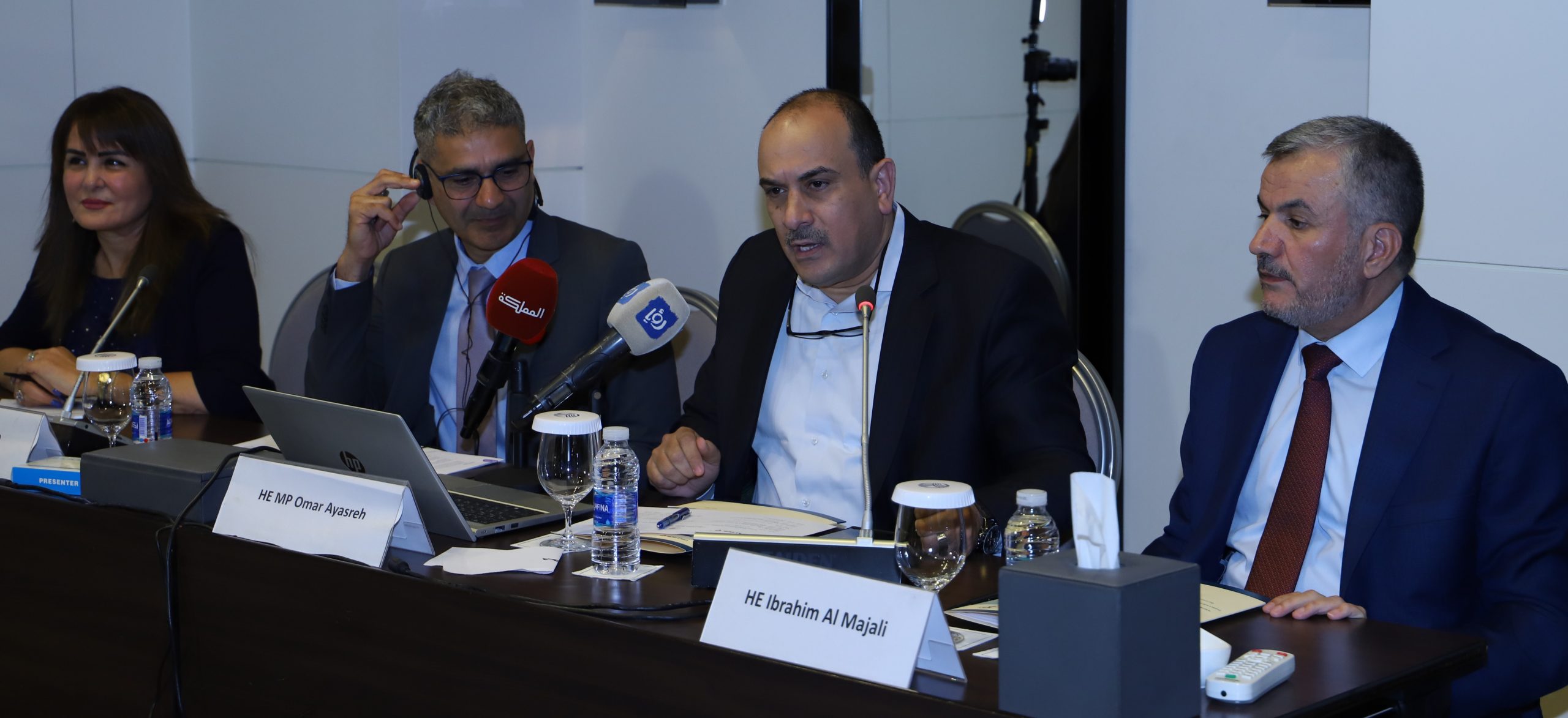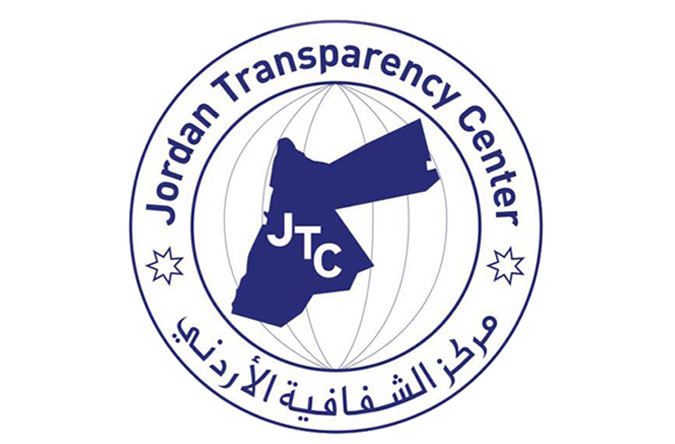Amman, December 9 (Petra) – It was announced on Monday evening the launch of the Jordanian Alliance to Combat Corruption, consisting of 30 civil society organizations and 23 human rights and media activists.
This came during the discussion session “Arab Efforts in Combating Corruption” which was held at the Royal Hotel and organized by the Transparency Center and the German Foundation “Friedrich Naumann for Freedom” on the occasion of the International Anti-Corruption Day.
Director of the Center Hilda Ajeilat said that corruption is a complex social, political and economic phenomenon that affects all countries because of its role in undermining institutions, slowing economic development and distorting electoral processes, which diverts the rule of law from its goals, and leads to the emergence of bureaucratic quagmire.
The resident representative of the Friedrich Foundation in Jordan, Lebanon, Syria and Iraq indicated that corruption benefits only a few at the expense of the majority, and it is a real enemy of the social fabric, calling on civil society institutions to activate their role to raise awareness of the dangers of corruption by encouraging political participation, the rule of law and good governance, and educating young people about justice and integrity.
The Rapporteur of the Integrity, Transparency and Fact-Finding Committee in the House of Representatives, Representative Moataz Abu Ruman, said that launching the coalition is a national initiative that is in the interest of the state and the citizen, as it includes elite institutions and individuals concerned with reform affairs.
Head of the Investigations Department at the Anti-Corruption Commission, Abdulaziz Al-Arwani, said that Jordan is one of the leading countries that worked to provide and develop the legislative environment and institutional framework to combat corruption, and that the commission was found to implement and consolidate effective policies in coordination with the relevant authorities to combat and prevent corruption and to detect corruption in all its forms, including: This includes financial and administrative corruption, nepotism and favoritism, and the provision of principles of equality, equal opportunities and justice.
The representative of the Bahrain Transparency Society presented his country’s experience with regard to corruption issues, explaining that the Bahraini government had taken qualitative measures that contributed to curbing this phenomenon.
For his part, the General Coordinator of the Alliance, Muhammad Al-Tarawneh, explained that this initiative came from the belief of institutions and individuals that collective work necessarily achieves more beneficial results than individual work and work within the framework of one system under the umbrella of legislation.
At the conclusion of the session, an extensive dialogue took place between the participants and speakers.
–(Petra)
RK/AD





